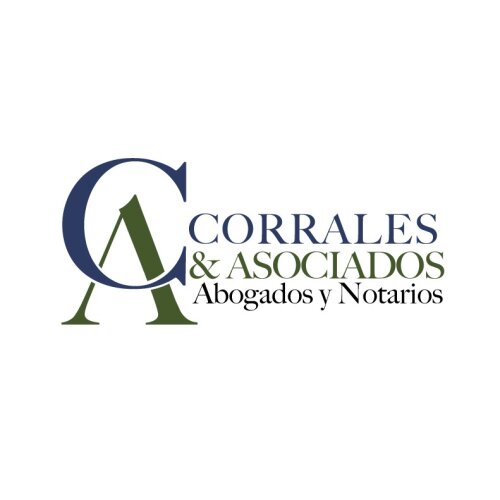Best Foreclosure Lawyers in Managua
Share your needs with us, get contacted by law firms.
Free. Takes 2 min.
Free Guide to Hiring a Real Estate Lawyer
List of the best lawyers in Managua, Nicaragua
About Foreclosure Law in Managua, Nicaragua
Foreclosure law in Managua, Nicaragua, mainly centers around real estate that is used as collateral for loans by a bank or other credit institution. If an individual or a business entity fails to meet the terms of the loan agreement, the lender has the legal right to repossess or foreclose on the property to recover their funds. The procedures and regulations surrounding foreclosures are subject to Nicaraguan federal law and local regulations in Managua.
Why You May Need a Lawyer
Legal representation can provide crucial guidance during processes like foreclosure. A lawyer can negotiate terms with the lender, potentially avoiding the foreclosure. They can also review the loan agreement to make sure no terms were violated by the lender, such as whether they followed all necessary procedures. If foreclosure is inevitable, a lawyer can still provide advice and act as a mediator during the bankruptcy or sale process, and they might even help you keep your property.
Local Laws Overview
In Nicaragua, the lender or lending institution must adhere to a clear set of procedures before foreclosing a property, such as alerting the borrower about their loan status or retrieving the property. If these rules aren't met, the foreclosure could be delayed or even canceled. The enforcement of these laws depends on several variables, such as loan agreements, the borrower's situation, lien priorities, and the value of the property. In Nicaragua, it is essential to hire a local lawyer to navigate the intricacies of these regulations.
Frequently Asked Questions
1. What happens if I can't pay my mortgage in Managua?
If you default on your mortgage payments, your lender can initiate foreclosure proceedings to reclaim the property and sell it to recoup their money. However, they must follow specific laws and procedures before they can do so.
2. Can I stop the foreclosure process?
Yes, you may be able to halt the foreclosure process with the help of a lawyer, who can negotiate on your behalf with your lender. This might involve adjusting the terms of your loan, reducing your payments, or setting up a repayment plan.
3. What is a pre-foreclosure sale?
A pre-foreclosure sale is a sale of the property by the borrower before the lender forecloses to avoid the impact of a foreclosure on the borrower's credit score.
4. Can I get my property back after it has been foreclosed?
Once the property has been foreclosed and sold, it's challenging to reclaim it. However, if the foreclosure process was flawed or if your rights were violated, you might have a case to reclaim the property.
5. How long does the foreclosure process take?
The length of the foreclosure process can vary widely based on the specifics of your case, the efficiency of Nicaraguan courts, the lender’s procedures, and more. It's best to consult a lawyer for more accurate information.
Additional Resources
For additional resources, consider contacting the local Managua legal aid agencies or the Nicaraguan Bar Association. The "Superintendencia del Mercado de Valores" or the Securities Market Superintendence is also a useful resource for legal regulations surrounding foreclosures.
Next Steps
If you're facing potential foreclosure, it's crucial to act fast and consult a lawyer experienced in foreclosure laws in Managua. Gather all related documents, such as loan agreements, bank statements, and any notices from your lender. Discuss your options with your attorney, who may be able to negotiate with your lender or defend your rights in court.
Lawzana helps you find the best lawyers and law firms in Managua through a curated and pre-screened list of qualified legal professionals. Our platform offers rankings and detailed profiles of attorneys and law firms, allowing you to compare based on practice areas, including Foreclosure, experience, and client feedback.
Each profile includes a description of the firm's areas of practice, client reviews, team members and partners, year of establishment, spoken languages, office locations, contact information, social media presence, and any published articles or resources. Most firms on our platform speak English and are experienced in both local and international legal matters.
Get a quote from top-rated law firms in Managua, Nicaragua — quickly, securely, and without unnecessary hassle.
Disclaimer:
The information provided on this page is for general informational purposes only and does not constitute legal advice. While we strive to ensure the accuracy and relevance of the content, legal information may change over time, and interpretations of the law can vary. You should always consult with a qualified legal professional for advice specific to your situation.
We disclaim all liability for actions taken or not taken based on the content of this page. If you believe any information is incorrect or outdated, please contact us, and we will review and update it where appropriate.









